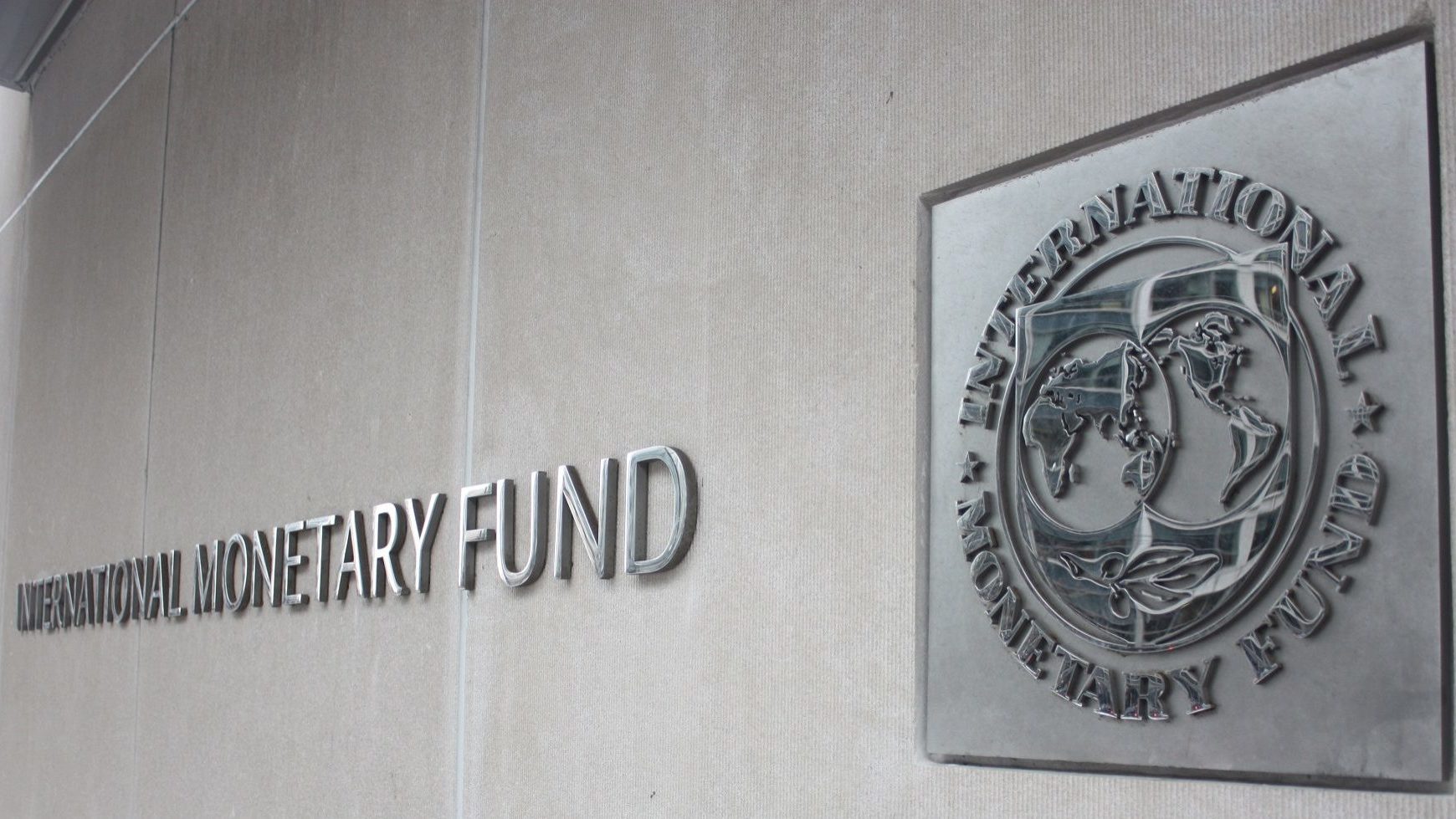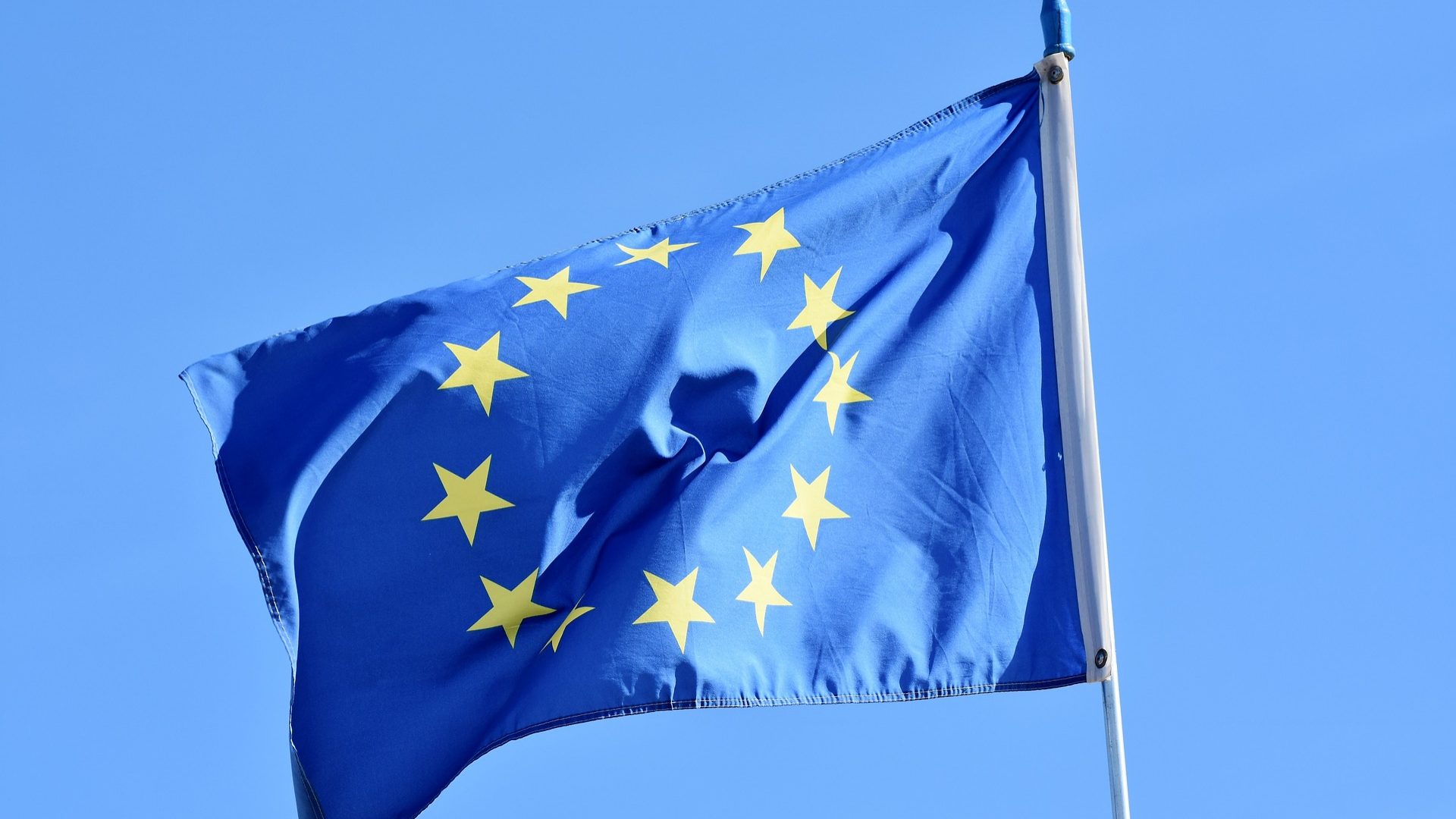Country to receive €2.37B from IMF in unprecedented SDR allocation
According to a document approved by the IMF board earlier this month, Portugal is to receive 1.96 billion units of Special Drawing Rights (SDR), equivalent to about €2.373 billion.
Portugal is to receive 1.96 billion units of Special Drawing Rights (SDR), equivalent to about €2.373 billion, from the International Monetary Fund (IMF), in an allocation proportional to its quota in the international financial institution.
According to a document approved by the IMF board earlier this month, the SDR allocation starts from Monday, boosting the foreign exchange reserves of all members. Portugal is to receive 1.96 billion SDR units or $2.775 billion at the current exchange rate.
The total allocation is $650 billion, about 456 billion SDRs, with the distribution based on an assessment of member states’ long-term reserve needs, and includes measures to increase transparency and accountability in reporting the use of SDRs, while preserving the characteristics of SDRs, according to a note released at the time of the decision.
“This is a historic decision – the largest SDR allocation in the history of the IMF and a shot in the arm for the global economy at a time of unprecedented crisis,” a note from the IMF quoted its managing director, Kristalina Georgieva, as saying at the time. “The SDR allocation will benefit all members, address the long-term global need for reserves, build confidence, and foster the resilience and stability of the global economy. It will particularly help our most vulnerable countries struggling to cope with the impact of the COVID-19 crisis.”
Less-developed and emerging countries receive $275 billion (€235 million) of the total, the IMF’s managing director, Kristalina Georgieva, had said on 2 August after the Fund’s board approval of the issuance.
Member countries began discussing an SDR allocation as early as last year due to the impact of the Covid-19 pandemic, which caused the global economy to shrink by 3.5%. It is expected to grow by 6% this year, according to forecasts contained in the IMF’s latest World Economic Outlook report.
The allocation of SDRs is an instrument aimed at providing liquidity and increasing the availability of resources to states with financial needs, in this case, to help in the fight against the pandemic and relaunch economic growth.
An SDR is a unit in which the US dollar has 41.73% of the weight, the euro 30.93%, the Chinese yuan 10.92%, the Japanese yen 8.33% and the pound sterling 8.09%. Exchange rates are quoted daily by the IMF, with 1 SDR on Sunday corresponding to €1.2107.
Of African members of the Community of Portuguese-language Countries, Angola is to receive the largest allocation, the equivalent of €852 million, followed by Mozambique with €261 million, Equatorial Guinea with €181.6 million, Guinea-Bissau with €32.6 million, Cabo Verde with €27.8 million, and Sao Tome and Principe, which is to receive almost €17 million in foreign exchange reserves.
In all, Portuguese-language Countries in Africa (PALOPs) are to receive reinforcement of €1,372.2 million or 1,134 million units of SDRs.
The SDR allocation will help countries in greater difficulty in balancing their accounts and strengthen the commitment to combat the spread of the pandemic, and African countries have said is essential to revive economic growth in the region.
African countries, particularly those in sub-Saharan Africa, have argued that their share of SDRs is disproportionately lower than their needs due to their small quota in the IMF, given low rates of vaccination against Covid-19 and the need to maintain financing for projects with the capacity to strengthen infrastructure and so ensure the attractiveness of new investments to promote growth.
The IMF has argued that more advanced economies in less need of the funds should transfer part of their SDRs to developing countries. Major powers have already agreed to channel at least $100 billion to the countries with the most difficulties.


